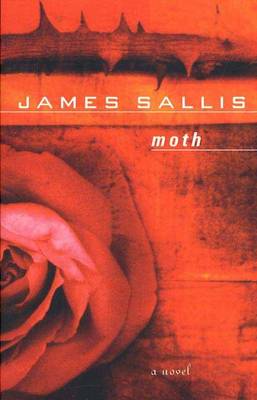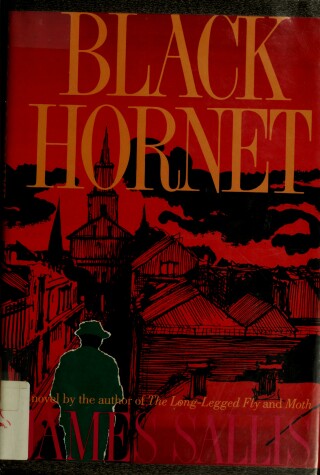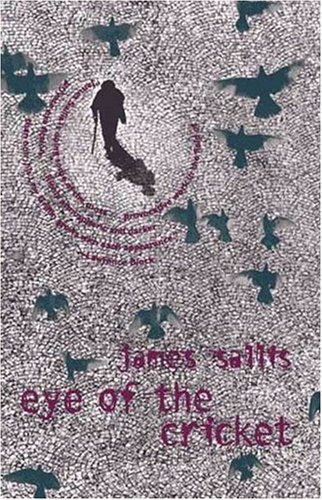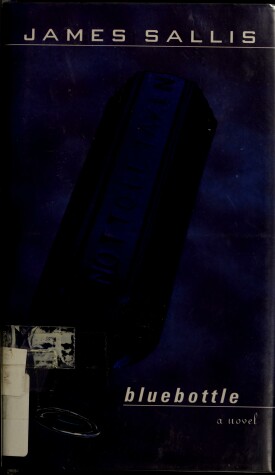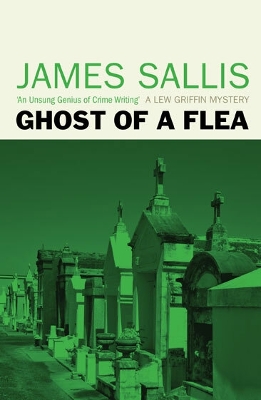Lew Griffin Novel
6 primary works
Book 1
In steamy New Orleans, black private detective Lew Griffin has taken on a seemingly hopeless missing-person case. The trail takes him through the underbelly of the French Quarter with its bar girls, pimps, and tourist attractions. As his search leads to one violent dead end and then another, Griffin is confronted by the realization that his own life has come to resemble those of the people he is attempting to find.
Book 2
One of the very few lights from Lew Griffin’s dark and violent past has flickered out. His one-time lover, LaVerne Adams, is dead—and her daughter, Alouette, has vanished into a seamy, dead-end world of users and abusers, leaving behind a critically fragile premature infant daughter. Griffin is determined to keep his distance from the dangers of the New Orleans night. But his inescapable obligation to an old friend keeps bringing him back like a moth to a flame.
Book 3
A sniper has fatally shot five people. When the sixth victim is killed, Lew Griffin is standing beside her. Though they are virtual strangers, it is left to Griffin to avenge her death, or at least to try and make some sense of it. His unlikely allies include a crusading journalist, a longtime supplier of mercenary arms and troops, and a bail bondsman.
Book 4
Lew Griffin is a survivor, a black man in New Orleans—a teacher, a writer, and an ex-detective. Having spent years finding others, he has lost his son—and himself in the process. Now a derelict has appeared in a New Orleans hospital claiming to be Lewis Griffin and toting a copy of one of Lew’s novels. Learning the truth is a quest that will take Griffin into his own past as he tries to deal with the present: a search for three missing young men.
Book 5
Book 6
The final part of James Sallis' sequence of novels featuring Lew Griffin
"Somewhere, among the wastes of the world, is the key that will bring us back, restore us to our Earth and to our freedom," Pynchon wrote in Gravity's Rainbow. Never has a man's search among those wastes, for that freedom, been better represented than in this stunning conclusion to the Lew Griffin cycle.
In his old house in uptown New Orleans, Lew Griffin is alone again...or almost. He and Deborah are drifting apart. His son David has disappeared again, leaving behind a note that sounds final. Heading homeward from his retirement party, his friend, Don Walsh has been shot while interrupting a robbery. Worst of all, Lew himself is directionless, no longer teaching, with little to fill his days. He hasn't written anything in years. Even the attempt to discover the source of threatening letters sent to a friend leaves him feeling rootless and lost.
Through five previous novels, James Sallis has enthralled and challenged readers as he has told the story of Lew Griffin, private detective, teacher, writer, poet, and a black man moving through a white man's world. And now Lew Griffin stands alone in a dark room, looking out. Behind him on the bed is a body. Wind pecks at the window. Traffic sounds drift aimlessly in. He thinks if he doesn't speak, doesn't think about what happened, somehow things will be alright again. He thinks about his own life, about the other's, about how the two of them came to be here...
In a series as much about identity as it is about crime, Sallis has held a mirror up to society and culture, while at the same time setting Lew Griffin the task of discovering who he is. As the detective stands in that dark room, the answers begin to come clear and the highly acclaimed series builds to a brilliantly constructed climax that will resonate in readers' minds long after the story is finished.

